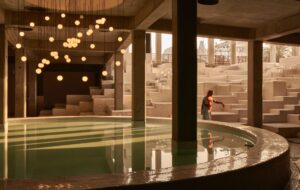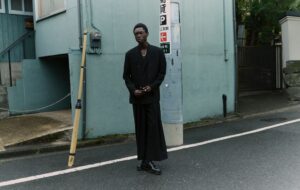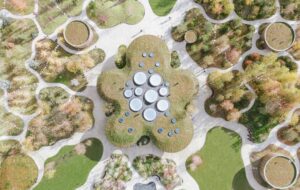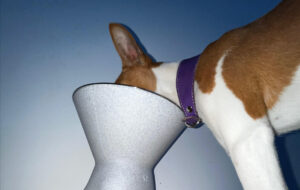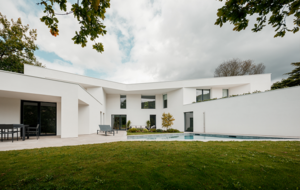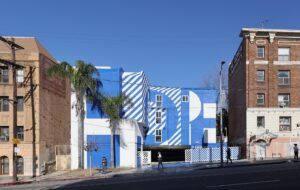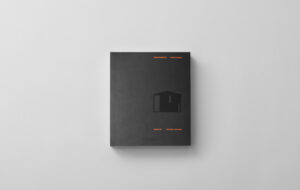![]()
How London-based studio Made Thought incorporated sustainability and circularity into the core of their work, without sacrificing content or style. By Rita Lobo
Sustainability, recycling, and circularity are without a doubt the biggest trend of the year in design. From the Salone del Mobile manifesto decreeing that sustainability was the name of the game at this year’s Milan design week, to David Attenborough’s gut-wrenching Blue Planet II, suddenly we all care about waste. It’s not yet clear if all this recent environmental virtue signalling will result in widespread cultural change, but there are significant studios taking steps in the right direction.
Supermarket packaging is one of the most pervasive sources of plastic pollution, but decisive action has proved to work. The UK 5p plastic bag charge has reportedly led to nine billion fewer bags distributed. Earlier this year Amsterdam supermarket Ekoplaza debuted a completely plastic free aisle in one of its outposts, entitled A Plastic Planet, and is taking it one step further by investing in clever design to help get the message across.
![]() Ben Parker and Paul Austin co-founded Made Thought in 2000, after meeting at university
Ben Parker and Paul Austin co-founded Made Thought in 2000, after meeting at university
Enter London-based design studio Made Thought, who were commissioned to come up with a compelling visual identity for the scheme. Leaning heavily on the language of propaganda posters, the work aims to look beyond the typical language of altruism that comes with these types of projects to help shoppers think about plastic differently. “So the topic of sustainability and the topic of plastic is not necessarily a new one,” says Made Thought founding partner Ben Parker. “However, I think we have an ability to look at it through a lens and be slightly disruptive with it. The blue whale moment in Blue Planet was really alarming, but people who live in urban cities don’t have a real connection with the ocean, so it touches us for a moment but we go back to our everyday lives. The genius of A Plastic Planet is the ability to look at a plastic supermarket aisle where we all have a daily connection.”
London-based design studio Made Thought has been creating identities, packaging, print and interactive design for an impressive list of clients since 2000. Founded by Parker and Paul Austin, the duo brought experience with sustainable briefs to the A Plastic Planet project. Made Thought has worked with Stella McCartney on the branding for her partnership with Adidas, a project that focuses on sustainable materials and high-performance. “With the Adidas work for this season the message was about doing the best you can and actually use the least we can,” says Austin. “We created a holographic workout that travelled around the world.”
When working with projects that are decidedly ‘green’ in their message, there is always a concern about patronising the consumer, rather than engaging them. It’s a pitfall Made Thought has learned to avoid. “An idea doesn’t save the planet,” says Austin. “Actually it’s just about trying to get that message across to people in a way that doesn’t feel like you’re being preachy but feels like it’s something they would want to be involved with. And I think that’s been very successful for Adidas this season, as well as with Stella McCartney. Because obviously they’ve managed to not change their star credentials and their sports credentials, but actually have a message that goes a bit further than just performance and style. It’s easier to bring this message of green doesn’t have to be compromise.”
Despite their track record with environmentally focused projects, Made Thought is not exclusively a “save-the-planet kind of design studio”, says Austin. The studio has worked with all manner of brands including a paper company and a number of hospitality products. In fact Parker and Austin are adamant that they are no different from anybody else, and that the design industry as a whole should have green issues in mind all the time. “We are not provocateurs, it’s just about intelligent thinking,” says Austin. “It seems to have been in a vacuous state of very much surface, very much a veneer, if you like, of late. And fundamentally, I think designers always had responsibility to actually consider the whole. I’m hoping that designers are coming out of that. And actually it’s got to be deeper than skin-deep.”

